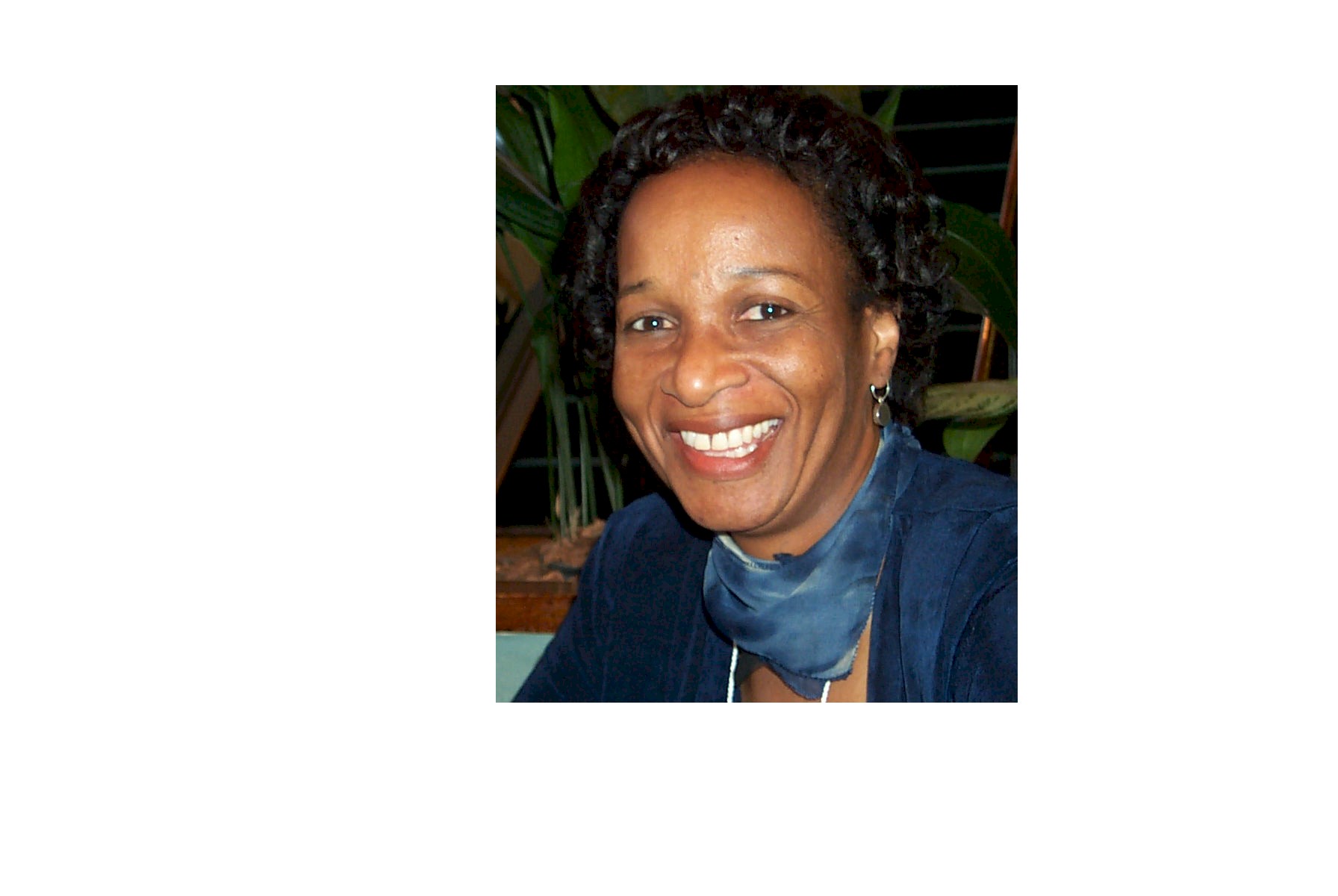|
Teaching Social Policy from a Black South African Perspective
|
|
by Josephine Norward
|
|
THE POLITICAL UPHEAVALS OF THE 1970's. THE POLITICAL VOLATILITY OF THE EARLY 1970'S COUPLED WITH THE BLACK CONSCIOUSNESS MOVEMENT espoused by the late Steve Biko, redefined education for many of us who were attending black university campuses. The black consciousness movement was psychologically liberating and empowering. It also called on everyone to become an instrument of change, and be involved in the struggle for black liberation. For those of us who were pursuing social work as a profession, there was recognition that not everyone was capable of engaging in radical social work nor join the underground movement. Hence, some opted for the most unpopular route of the time, working within the system to bring about change. The latter option turned out to be the most difficult one to implement. WORKING TOWARDS CHANGE OR OPPRESSION? FOLLOWING GRADUATION FROM COLLEGE, I had an obligation to work for my bursar sponsor, the City Council of Johannesburg, a
municipal body which governed the black township of Soweto. One of the responsibilities of a social worker was to enforce
the repatriation policy of all "unproductive urban blacks" to their respective homelands. Repatriation was a major
provision of the policy of separate development which under the apartheid system, each of the black tribal groups who had
received parceled out pieces of arid land from South Africa's central government, far removed from the flourishing industrial
urban areas, were expected to engage in political, economic and social development, eventually leading to self-government,
independent of South Africa. Ordinarily, repatriation suggests that one is being returned to one's country of origin or allegiance.
Under the apartheid system it symbolized a system of dumping.
FROM PRACTICE TO TEACHING A TEACHING FRAMEWORK intended to allow students to grasp the ideological foundations of social policy in the US was influenced
by my experience with South Africa's political economy, and the delivery of social welfare services under an oppressive regime.
Contrasting that experience with undergirding ideologies of South Africa's present day policies, through teaching, a concerted
effort is made to identify similarities and differences with the US's social policy formulation and implementation.
|
|
 |
||
|
BPD Summer Policy Fellow Award Approved for 2002
The BPD Board of Directors recently approved at the recommendation of Jack Sellers, Chair of the Advocacy and Outreach Committee, that the BPD Summer Policy Fellow Award by approved for the second time for Summer, 2002. This award is in the amount of a $5,000. stipend given to the BSW student selected to cover expenses of a supervised summer legislative experience working in Washington, D.C. Further details on this student award will be coming in the near future to all BSW accredited programs. If you have any students in mind let them know about this opportunity for Summer, 2002. The BPD Update Online Web Site is sponsored by Lyceum Books. |
|
